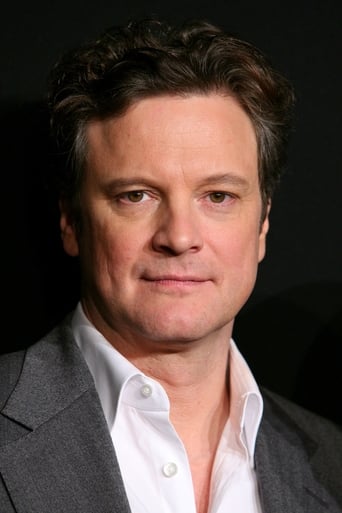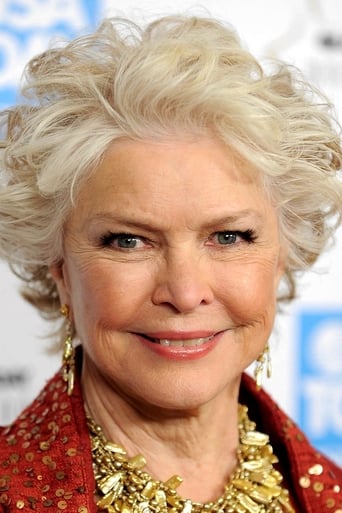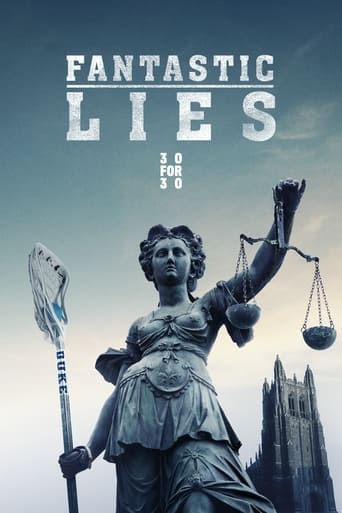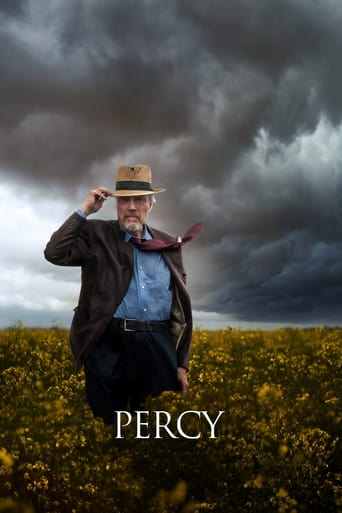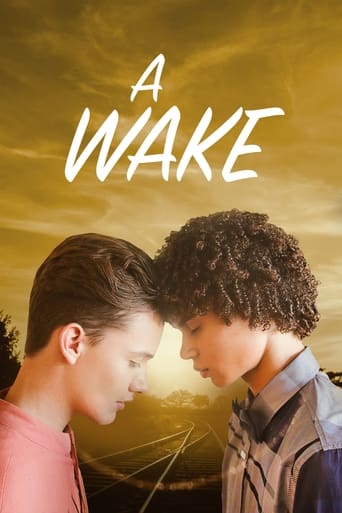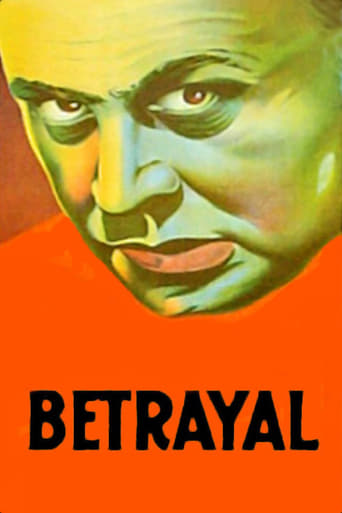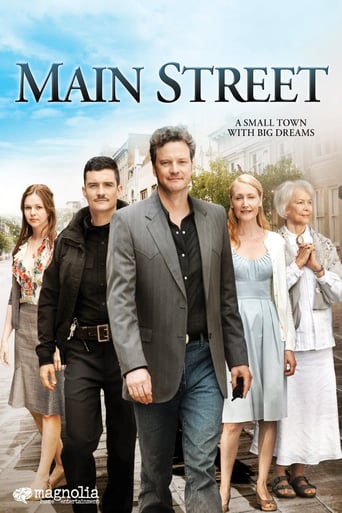
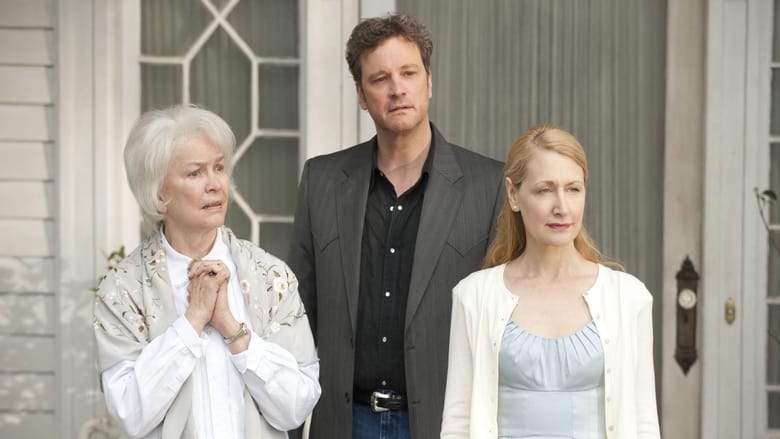
Main Street (2010)
From the once thriving tobacco warehouses, to the current run-down and closed shops of Five Points, a diverse group of residents and their respective life changes when outsider Gus Leroy brings something new and potentially dangerous into their quiet town.
Watch Trailer
Cast


Similar titles
Reviews
At first glance, MAIN ST. would seem to have all the ingredients for an absorbing piece - a top-notch cast (with two Brits doing very creditable Southern accents), a strong sense of place (Raleigh, North Carolina), and a taut, spare script by veteran Horton Foote. Then why is the movie such a disappointment? Its subject-matter is a pertinent one: the decline of American urban life and the schemes hatched by entrepreneurs to regenerate it, which might not necessarily please the existing residents. However the production is particularly slow-moving: the camera spends a long time focusing on tight close-ups of the protagonists, especially Ellen Burstyn as Georgiana Carr. This would be a perfectly acceptable strategy, were it not for the consciously showy nature of the performances: the actors are allowed to get away with the kind of theatrical gestures and facial movements that would not seem out of place in Victorian melodrama. As a result, we end up not really caring about the characters at all. Matters are not helped by the treacly soundtrack (from the normally reliable Patrick Doyle) that obtrudes itself on several occasions. Perhaps the material might have been better if another director had handled it.
As others have indicated, this was an amazing ensemble cast wasted by a truly poor script. But, I think the biggest issue here is the outdatedness of the issues identified. In the world of 2010 United States several factors are just wrong in this film. I am wondering if Horton Foote actually wrote this script in the 1970's or 80's when the issue of Hazardous Waste was front and center. Yes, we still have concerns, but the use of nuclear energy is almost a given in our day and age. We rarely hear of hazardous waste spills, as the technology has so improved. We recognize that the risks often outweigh the benefits of a cleaner environment, but it is our reality until we can effectively convert to wind or solar energy to a large scale. The public demand, although present, just is not strong enough to get this job done. Therefore, hazardous waste is simply a fact of life today. In this script, I find Gus's fears of a spill far from believable, and cannot imagine him acting in the way presented.In addition, Mary's issues as a woman are truly outdated. First, we are no longer the mobile society we once were. People do not just leave to find work in other cities. A woman like Mary would be much more inclined, in today's world, to stay in her home town and become an entrepreneur. Women do have more options today. Also, losing her job for not sleeping with the partner at the law firm is just so passé. In our world of diversity training and liability, Mary would win hands down in a lawsuit. In Main Street no one even blinks when she is fired for being unhappy about sexual harassment. Give me a break!! And, as for her calling Harris a potential loser, $30,000 as income for an entry level cop doesn't sound really all that bad! And, if Harris is planning to become an attorney in the Raleigh/Durham area, it sounds like he has a very good future. Mary's leaving, therefore, is questionable! Bottom line for me, although I agree the script was pretty boring, I can imagine actors very interested in one written by a Pulitzer Prize winning author. But, watching this film, I felt like I was watching one of the preachy films of the 70's or 80's. It's biggest sin being it's irrelevance.
As previous reviewers have synopsized the plot, I will not do that. The number of negative reviews is surprising, especially since most of those have no clue what this movie is about. And, their lack of insight is what leads them to think it is simple and uninteresting. Nothing could be further from the truth for movie-goers who are more interested in humanity than in over-wrought drama (e.g., serial killers, absurd disasters, cartoonish fantasies, etc., etc. -- save me from "Hollywood")that offer no real insight into our humanity.Here is what this movie is about: the "hazardous waste" is pure metaphor for our fears: our fears of the future, of technology, of the unknown. The question this movie poses so clearly and powerfully is: how should we confront the fear of the future, which is inevitably one of confronting the nature of what our humanity involves: technology and change? And, it does have an answer, with which I could not agree more -- and with which I would hope anyone watching this movie would also, easily or not, come to agree.Just as "To Kill a Mockingbird" was about our fears of others who are unknown to us and with whom we have no real experience, this movie asks us how we react to the unknown: Do we flee, or do we stand and make something out of whatever it is we have? The heroes in this movie do the latter and show those who would do otherwise the way forward ... which is what the best in our humanity always does, after all.Orlando Bloom's character's mother (Mrs. Parker) and his erstwhile girlfriend's mother (Miriam) are afraid of the future and want to withdraw, hunker down. They have no will for their children to overcome. Orlando Bloom's character deals with the uncertain future by working hard to make something good of it. His girlfriend's character wants to run away.Ellen Burstyn's character is caught in the middle of a dilemma: trust the unknown that offers progress and salvation, or give in to something safely predictable by selling out. In the end, she let's go of what is truly in the past (her home) and embraces what it is that offers hope for the future (the warehouse).When our cities, our lives, our civilizations appear to be crumbling, what works: retreating from the challenge? Or, embracing new, uncertain, potentially scary things (metaphorically -- yes, metaphorically -- represented by nuclear waste)? This movie deals powerfully with those who would point to every "problem" on the way to the future (e.g., Fukushima) as a reason to retreat rather than as a lesson to learn, a problem to overcome. It basically says: accidents will happen: some good, some bad; get over it by learning from them and moving on. Imagine humanity retreating in the face of all the disasters it has encountered on the way to its current future? We would be still chipping flint with a lifespan of less than 30 difficult years.Yes, this movie makes plain that Luddites are much to be feared, as are those who believe that "corporations" are bad and industry is almost certainly hiding are all sorts of horrible things. Instead, this movie says that we humans are, on balance, good. If we do not give in to our fears we can overcome those among us who would give in. By moving ahead (not by retreating or running away) we can overcome the challenges we create for ourselves because our very nature is to overcome. We are tool makers. We are proactive. We want good things for our children. Those who are destructive among us are a minority and will be overcome. But, do not fear what we are. Do not fear technology. Do not fear the way we organize our abilities to trade our best efforts with each other (i.e., industry, corporations, technology, progress).Typical "Hollywood types" will not like this film because it counters every one of their most cherished beliefs: that Western Civilization, in its current most fully-realized form, is almost certainly bad for the humanity in us. Instead, it shows that our humanity is most realized when we trust ourselves to use our knowledge to give us what it will. After all, we (and I mean all 7 billion of us) would not be living longer, more satisfying, more comfortable lives than our predecessors in the 18th or 19th centuries had we not done so before now.Beyond the point of the movie, the plot is one that could not be more satisfying in its simplicity or more poignant. These are real people leading real lives that many among us have led. No serial killers, no absurd global calamities, no over-dramatic nonsense. Just real people facing difficult human emotions and choices and helping each other through them. I can see why these fine actors decided to work in this film. Each of the actors delivers powerful performances: Ellen Burtsyn has never been better. My heart ached as she dithered about what to do with her life, both past, present, and future. Colin Firth was perfect in presenting the face of the future: shining with promise, but making us wonder nonetheless. Can we trust him? Until we realize the real question is: can we trust ourselves? Orlando Bloom shows us why it is so hard for those who believe in themselves and believe in the future to soldier on, despite so many disbelievers around, especially among loved-ones.I could go, but the cast was magnificent and did the screenplay such justice. Horton Foote, despite his age, was at the height of his story-telling prowess. If you like real people; if you like movies that are real about humanity, then you will like "Main Street."
Horton Foote (1916 - 2009) ) was an American playwright and screenwriter, perhaps best known for his Academy Award-winning screenplays for the 1962 film To Kill a Mockingbird and the 1983 film Tender Mercies, and his notable live television dramas during the Golden Age of Television. He received the Pulitzer Prize for Drama in 1995 for his play The Young Man From Atlanta. His last original screenplay as MAIN STREET: it is fortunate that he didn't live to see it produced. MAIN STREET seems to have something to say - that the economic crisis has devastated small towns to the point of making questionable decisions out of desperation about improving their near ghost town status; that lessons from around the world (Chernobyl and Fukushima, etc) about toxic waste too often go unheeded; that flight of youth from small towns merely to seek change is not always emotionally convincing a decision: that family history and the accoutrements of same don't necessarily guarantee survival for descendants. And out of these plausible concerns could come a decent story, but here the result is flatline. In his film debut as a director John Doyle (known for fine productions of the operas Peter Grimes, The Rise and Fall of the City of Mahagonny, and the musical comedy Company) he fails to show a grasp of the use of film to tell a story and we are left with a stew of separate ingredients that seem almost immiscible. Durham, North Carolina is the setting - a town shrinking by the year because of lack of jobs and crumbling businesses - and the major (Isiah Whitlock Jr.) is desperate, deciding whether to schedule or move or cancel the annual parade from Thanksgiving to Christmas due to the town's lack of interest and depression. Enter Gus Leroy (Colin Firth) who has rented a defunct tobacco warehouse from a town widow Georgiana Carr (Ellen Burstyn) to store canisters of Hazardous Waste awaiting transport to Vernon, Texas for burying: Leroy's apparent Ecology informed company offers the Durham city council the opportunity for economic resurrection. Georgiana has misgivings about the rental and is faced with the fact that her trust fund form her wealthy father is depleted and she must consider selling the mansion in which she has lived since her birth. She seeks advice form her niece Willa (Patricia Clarkson) who at first objects but on meeting Leroy falls for the man and the project. As a sidebar another family faces changes: young Mary Saunders (Amber Tamblyn) is under the spell of her boss (Andrew McCarthy) but still loves her high school sweetheart Harris (Orlando Bloom), a young cop who is studying law at night and living with his depressed mother (Margo Martindale), urging Harris to 'go steady' with Mary and forget law school to stay in Durham. The human factor enters: there is an accident of one truck hauling canisters (and event that changes the outlook of the wannabe entrepreneur Leroy), Mary's boss is married, and the concept of 'progress' in the decaying town of Durham changes along with the changes in the folk involved in the story. Aside from failing to involve the audience in the story or the characters, the conundrum is why would such a stellar cast of brilliant actors (Colin Firth, Patricia Clarkson, Ellen Burstyn, Orlando Bloom) sign on for such an obvious box office disaster (it is yet to be released)? One can only assume that it was an homage to the memory of the brilliant writer Horton Foote. It is a shame this screenplay is the last note of the legacy he left us. Grady Harp


